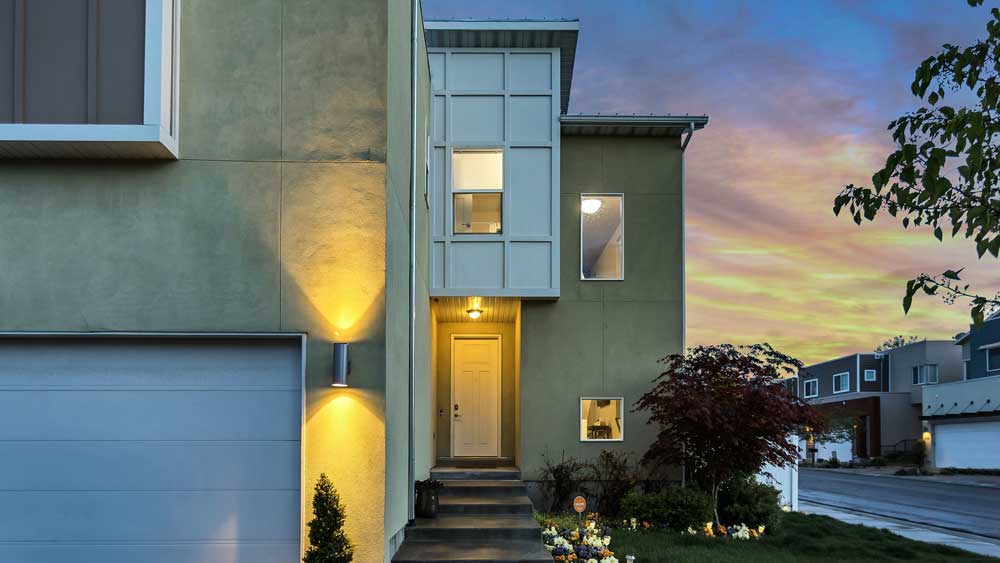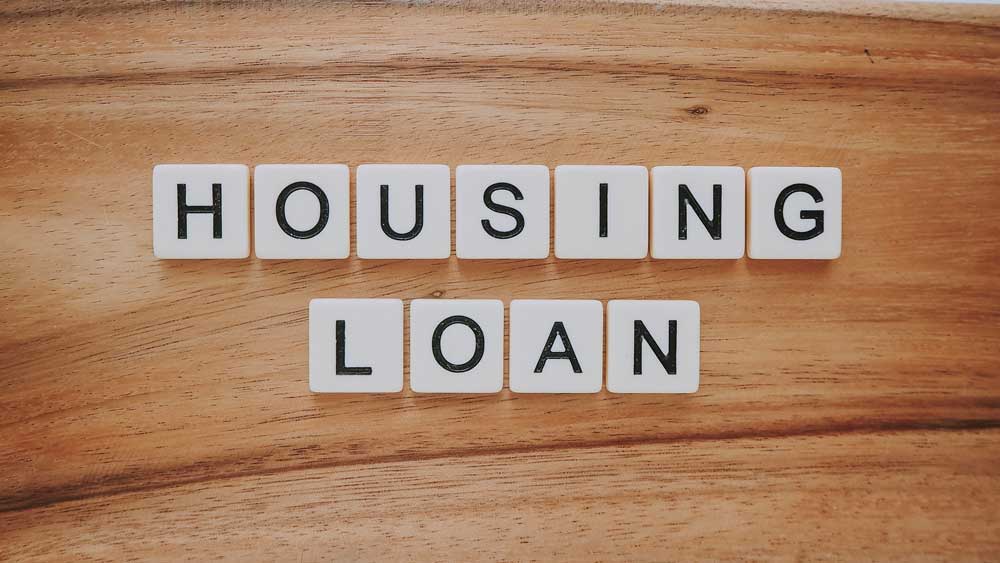
Financing a vacation home today might be more difficult than before thanks to the current state of the market. Many banks are no longer offering second home loan products, aka vacation home loans, to reduce the risk of default. Citi, for example, is pulling back on their home equity loans and lines of credit for the time being.
Fortunately, this doesn’t mean you’re out of luck. There are still many ways to obtain vacation home financing today.
Different Types of Vacation Home Loans

Despite the unique current state of the market, you have options when securing vacation home loans that might include a second mortgage or HELOC. Here are the most common options.
Second Mortgage
If you own a property now and have enough equity in it, you might be able to borrow against it to buy a second home. A second mortgage usually has slightly higher interest rates because the loan is in second lien position which means a higher rate of default. Second mortgage loans have fixed interest rates and you receive the funds in one lump sum.
Cash-Out Refinance
Another way to tap into your primary home’s equity is with a cash-out refinance. If you have a high interest rate on your first mortgage right now, you might even save money with a cash-out refinance by lowering your loan’s interest rate.
A cash-out refinance allows you to tap into up to 80% of your home’s equity. First, the funds pay off your existing mortgage. Any difference in funds between the loan amount and your loan payoff are yours to use for your vacation home.
HELOC
A home equity line of credit or HELOC is a form of a second mortgage on your primary residence. You borrow a line of credit, much like a credit card, and use the funds as you need. You only owe interest on the amount you withdraw. In the US, this typically goes on for 10 years. After such time, the loan goes into repayment where you owe both principal and interest. In Canada, most HELOCs have an indefinite term where you can either make interest-only payments or also repay the principal.
If your HELOC has a variable rate of interest, make sure you can afford the ‘worst case scenario.’
Traditional Mortgage
When considering vacation home loans, you could choose a traditional mortgage for a second home. Just keep in mind, the interest rate on second home loans are typically 0.5% – 0.75% higher than rates on a primary residence.
Different Sources of Vacation Home Loans
Since vacation home financing can be harder to get, there are different sources of loans you can tap into to get the most affordable loan on the best terms.
- Banks – Your local bank can be a great resource if you have great credit and a good relationship there. The process can take longer at banks, though, so keep that in mind.
- Credit unions – If you belong to (or can belong to) a credit union, check out their rates on vacation home loans. They often offer competitive rates and terms.
- Mortgage lenders – Mortgage lenders only offer mortgage loans which differs from the full suite of products and services that banks offer. For this reason, the process usually goes faster and they usually have more options, which is good if you have less than perfect credit.
- Private lenders – If the above sources don’t work out, private lenders usually offer options for people with unique financing circumstances.
How to Qualify

Qualifying for vacation home financing will vary based on the source you use. For example, a mortgage lender often has the most options and can work with many credit types and situations. A private lender usually assumes more risk too, which gives you another option if you have less than perfect credit, but it comes at a price such as higher rates and less attractive terms.
On average, you’ll need the following to qualify:
- At least a 640-credit score
- A 20% down payment
- A debt-to-income ratio that doesn’t exceed 43%
- 2 years of stable and consistent employment and income
- Cash reserves (liquid assets)
- No recent bankruptcies or foreclosures
How Much Can You Afford?
Try the calculator below to determine how much vacation home you can afford.
How to Secure a Vacation Home Loan and/or Increase Borrowing Capacity
Securing vacation home financing is a bit more difficult than primary residence financing, but here are some ways to increase your chances of approval:
- Improve your credit score
The higher your credit score is the more likely you are to get approved. Not only will you get approved, but you’ll get better rates and terms which can increase your borrowing capacity. Take care of late payments, pay down credit cards, and don’t open any new credit leading up to your mortgage application.
- Pay down your credit card debt
Keep your debt-to-income ratio as low as possible by paying down any consumer debt, especially credit cards. This leaves more room for a vacation home loan payment in your DTI.
- Put down a large down payment
Second homes usually require a much higher down payment than primary residences. You’ll need at least 20% down, but if you can afford a higher down payment, you’ll increase your chances of approval and your borrowing power.
- Stabilize your income and employment
Lenders look for stable employment and increasing income over the last couple of years. Show employment stability (you don’t change jobs often) and that your income remains steady or increases regularly).
- Shop around
Get pre-approved at several lenders (including different types) to see what options you have. For example, if a credit union gives you a lower rate, you might have more borrowing power compared to going with a mortgage lender that’s charging higher rates.
Final Thoughts
Vacation home loans might be a little harder to come by today, but there are still many options. The key is to improve your credit score and lower your debt-to-income ratio to show you are a good risk. The more money you have to put down on the home too increases your chances of approval because it lowers the bank’s risk and increases your ‘skin in the game’.
